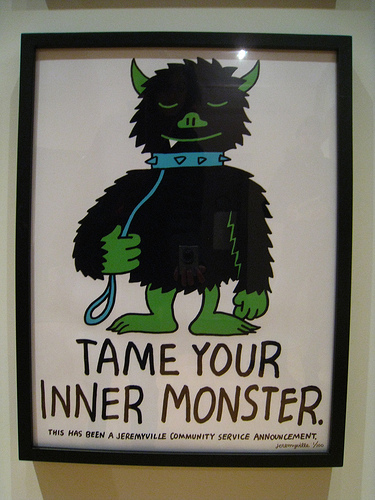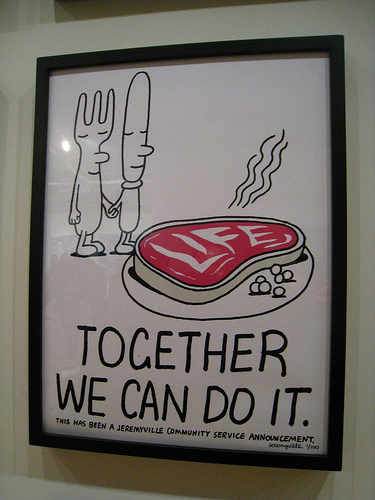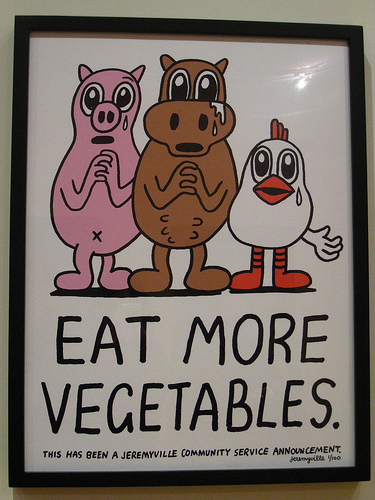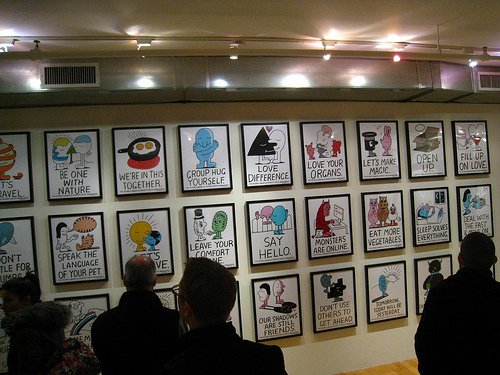Back when this semester began, I met with my American Lit professor to discuss which authors I might want to examine up close and personal for my independent study. I picked a sampler of Kate Chopin, Edgar Allan Poe, Gertrude Stein, and Nathaniel Hawthorne. Together they comprised a good mixture for me of the familiar and the unexplored. Now that the term is winding down, I am on the final author chosen, Nathaniel Hawthorne.
Hawthorne’s dark romantic era writings are suffused with man’s internal wrestle with damnation, real and imagined. His characters suffer, long for redemption, then suffer some more. From Rappaccini’s Daughter, whose scientist-botanist father has infused her breath with an otherworldly poisonous vapor, to the tragic couple of The Birthmark, whose lives are ruined by the husband’s obsession with perfection, these are not Good Time Charlie stories, but then no one ever confused Puritan New England with Club Med. The tales are strangely compelling, however, and reflect the author’s eternal shame at being a direct descendant of John Hathorne, presiding judge at the Salem Witch Trials. Hence the added ‘w’ in the author’s last name to distance himself from that which would forever color his writing and his life.
The fact that I was studying Hawthorne at all was the ultimate surprise. At our first meeting back in September when we contemplated different authors and their genres, I was all over Nathaniel Hawthorne saying he was one of my favorites. As the weeks passed and my Poe, Stein, and Chopin papers were each completed, my professor and I sat facing each other again in her office to discuss my final project.
Prof: So which of Nathaniel Hawthorne’s works have you chosen to focus on?
OSV: My two favorites: The Day of the Locust and Miss Lonelyhearts.
Prof: You’re thinking of Nathanael West.
OSV: (idiotically stunned) Oh. Wow. All this time.
I was falling off a cliff and the whole semester was flashing before me.
OSV: Well, what would I read by Nathaniel Hawthorne?
Prof: The Scarlet Letter is his most famous work.
OSV: I kind of hated that story.
Prof: You did? Why?
OSV: It was my high school play and I was in it.
Prof: Really? What part did you have?
OSV: Mary Warren.
Prof: That would be The Crucible.
OSV: (tightly closing eyes so no idiocy would leak out) Yeah, I pretty much hated them both. I guess I’m not much for morality tales.
Prof: Hmmm. I look forward to your paper.
Daughter’s Fotos tour Jeremyville at Brooklyn Brothers Gallery




